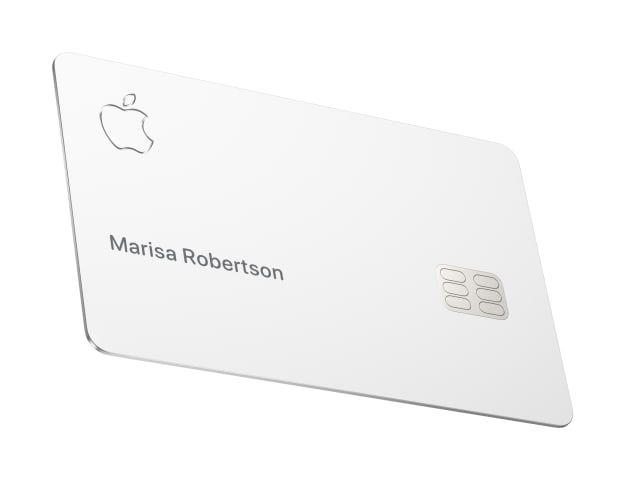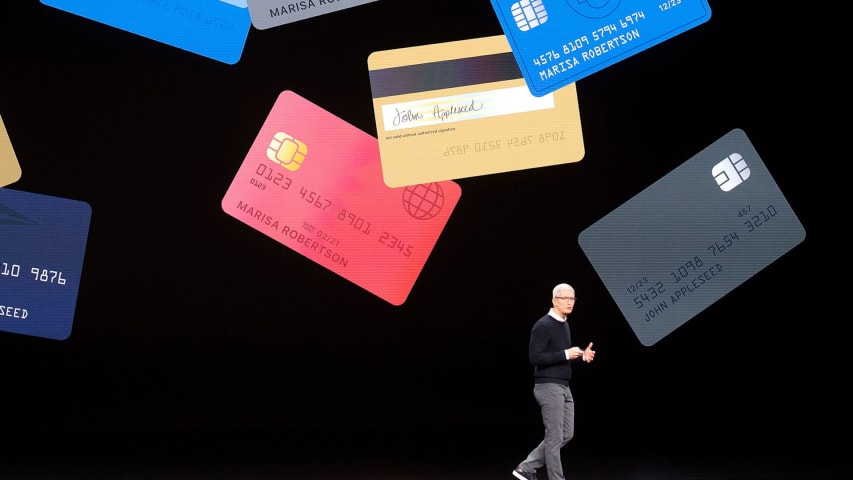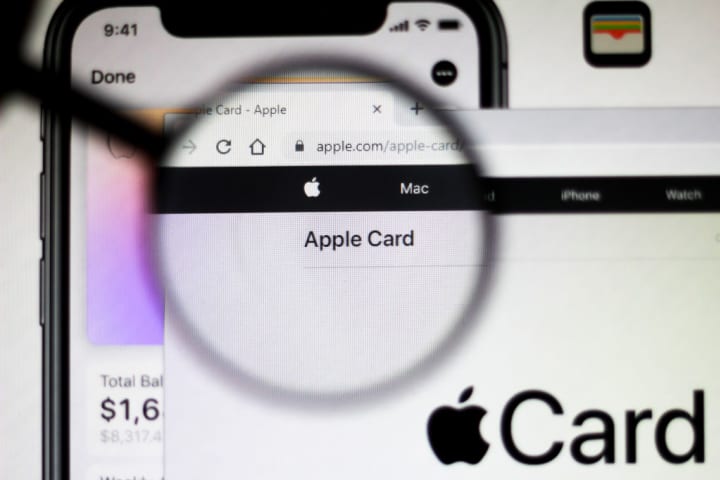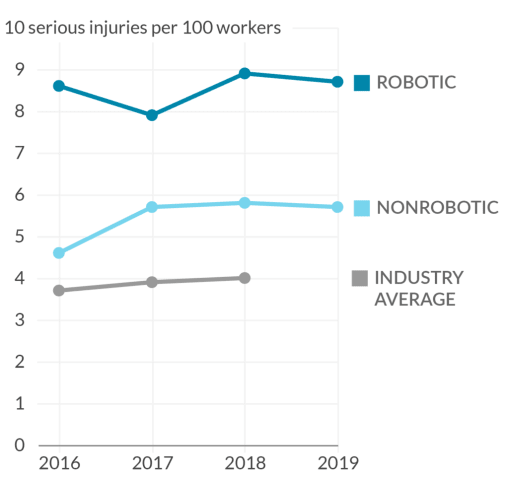Entities
View all entitiesCSETv0 Taxonomy Classifications
Taxonomy DetailsProblem Nature
Specification
Physical System
Software only
Level of Autonomy
High
Nature of End User
Amateur
Public Sector Deployment
No
Data Inputs
credit score, credit report, reported income
CSETv1 Taxonomy Classifications
Taxonomy DetailsIncident Number
92
AI Tangible Harm Level Notes
There was a gender bias in the rates and credit limits offered by the Apple card. This results in financial harm based on gender.
Special Interest Intangible Harm
yes
Date of Incident Year
2019
Date of Incident Month
11
Estimated Date
No
Risk Subdomain
1.1. Unfair discrimination and misrepresentation
Risk Domain
- Discrimination and Toxicity
Entity
AI
Timing
Post-deployment
Intent
Unintentional
Incident Reports
Reports Timeline

What started with a viral Twitter thread metastasized into a regulatory investigation of Goldman Sachs’ credit card practices after a prominent software developer called attention to differences in Apple Card credit lines for male and femal…

The algorithm responsible for credit decisions for the Apple Card is giving females lower credit limits than equally qualified males. Those are the allegations that began spreading as consumers took to social media with complaints about App…

When tech entrepreneur David Heinmeier Hansson recently took to Twitter saying the Apple Card gave him a credit limit that was 20 times higher than his wife's, despite the fact that she had a higher credit score, it may have been the first …

US regulators are investigating whether Apple’s credit card, launched in August, is biased against women. Software engineer David Heinemeier Hansson reported on social media that Apple had offered him a spending limit 20 times higher than h…

The possibility that Apple Card applicants were subject to gender bias opens a new frontier for the financial services sector in which regulators are largely absent, argues Karen Mills.
In late August, the Apple Card debuted with a minimali…

Advocates of algorithmic justice have begun to see their proverbial “days in court” with legal investigations of enterprises like UHG and Apple Card. The Apple Card case is a strong example of how current anti-discrimination laws fall short…








